VPNs un-Islamic if used against national security: CII chief
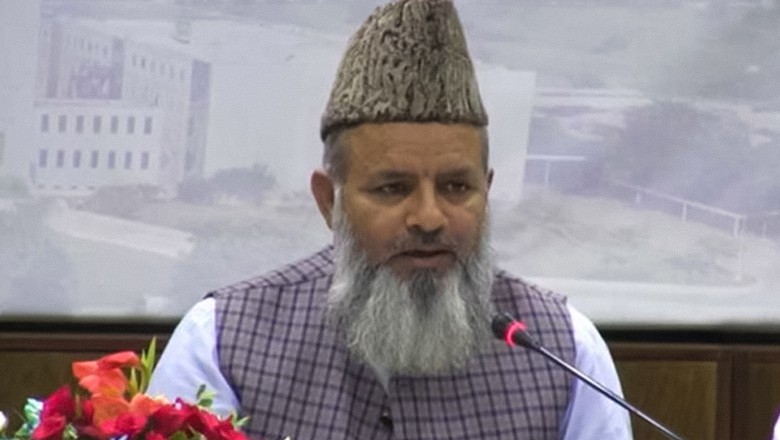
web desk
|
18 Nov 2024
The chairman of the Council of Islamic Ideology (CII), Allama Dr. Raghib Naeemi, said on Monday that character assassination and statements against national security were two examples of "un-Islamic" uses of virtual private networks (VPNs).
The CII, which counsels parliament on bringing laws into line with Islamic principles, declared in a proclamation on Friday that it was against Sharia law to use VPNs for "immoral or illegal activities" or to access "illegal content or blocked websites.".
The chairman of the CII had argued in the statement that Islamic law gave the government the authority to stop acts that cause the "spread of evil.".
"Whether it is a registered VPN or not, if attempts are made to access indecent or immoral sites, character assassination is done, statements are made against national security, or various incidents of religious blasphemy are being spread through it, then [using] it would be completely un-Islamic," Dr. Naeemi stated in an interview with Geo News' "Geo Pakistan" program.
However, he clarified, "no harm is being considered in that if it is being used for education, communication, or conveying positive messages.".
"There is no harm in using a VPN if you register it and engage in constructive activities or even constructive criticism," Dr. Naeemi added. "The [VPN] conceals location [and] who is working from where," the cleric clarified.
The use of VPNs has surged in Pakistan as people are using them to access X, which has been banned since February, as well as a host of other websites.
Earlier, notable religious scholar, Maulana Tariq Jamil has criticized the Council of Islamic Ideology (CII) ruling over the use of Virtual Private Networks (VPNs).
In a televised discussion, Maulana Tariq Jamil characterized the ruling as “narrow-minded,” contending, “Following this reasoning, even mobile phones should be prohibited since they grant access to objectionable content without a VPN.”



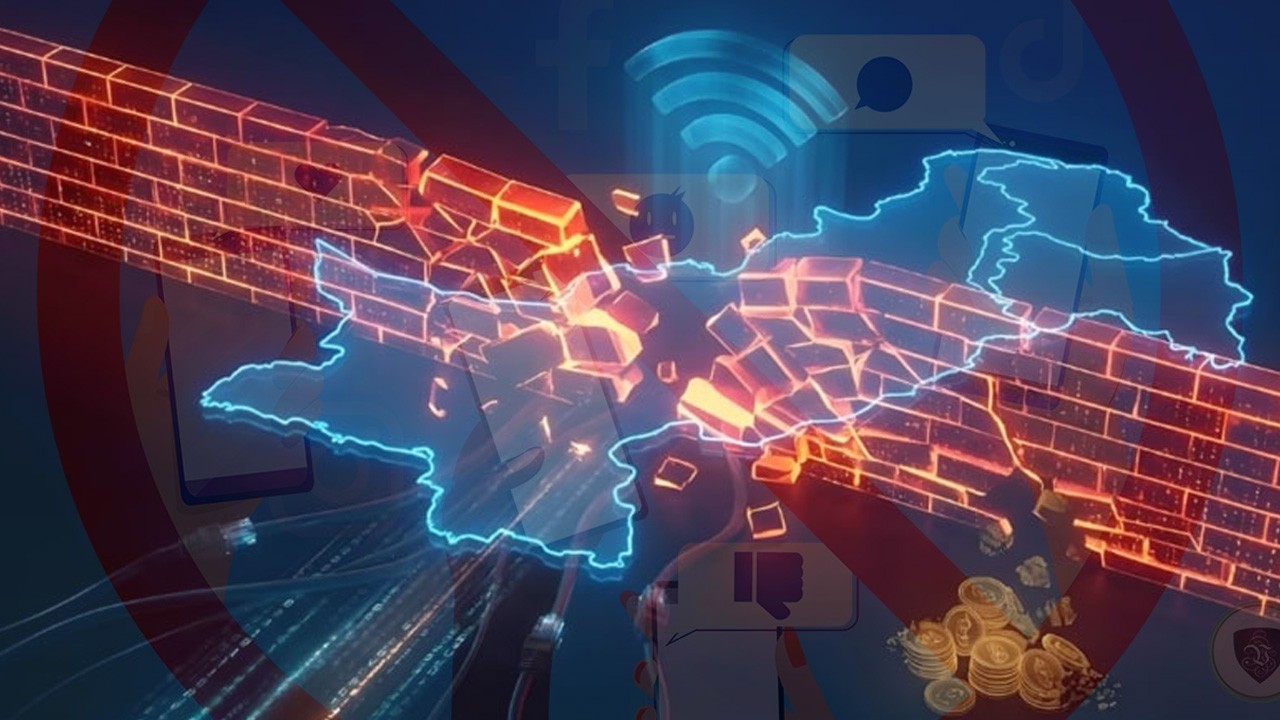
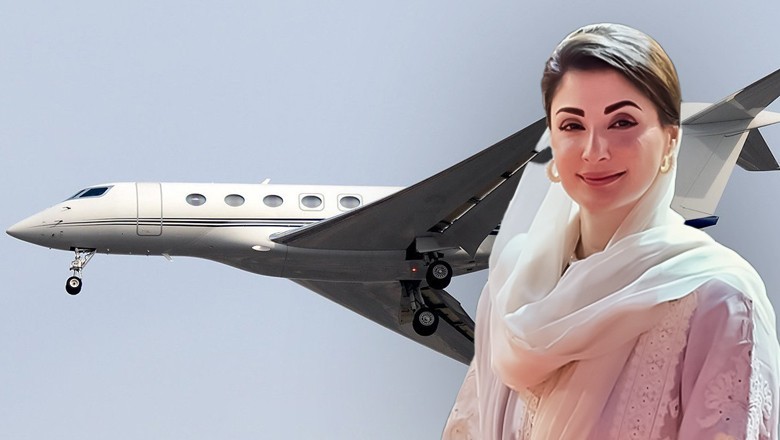

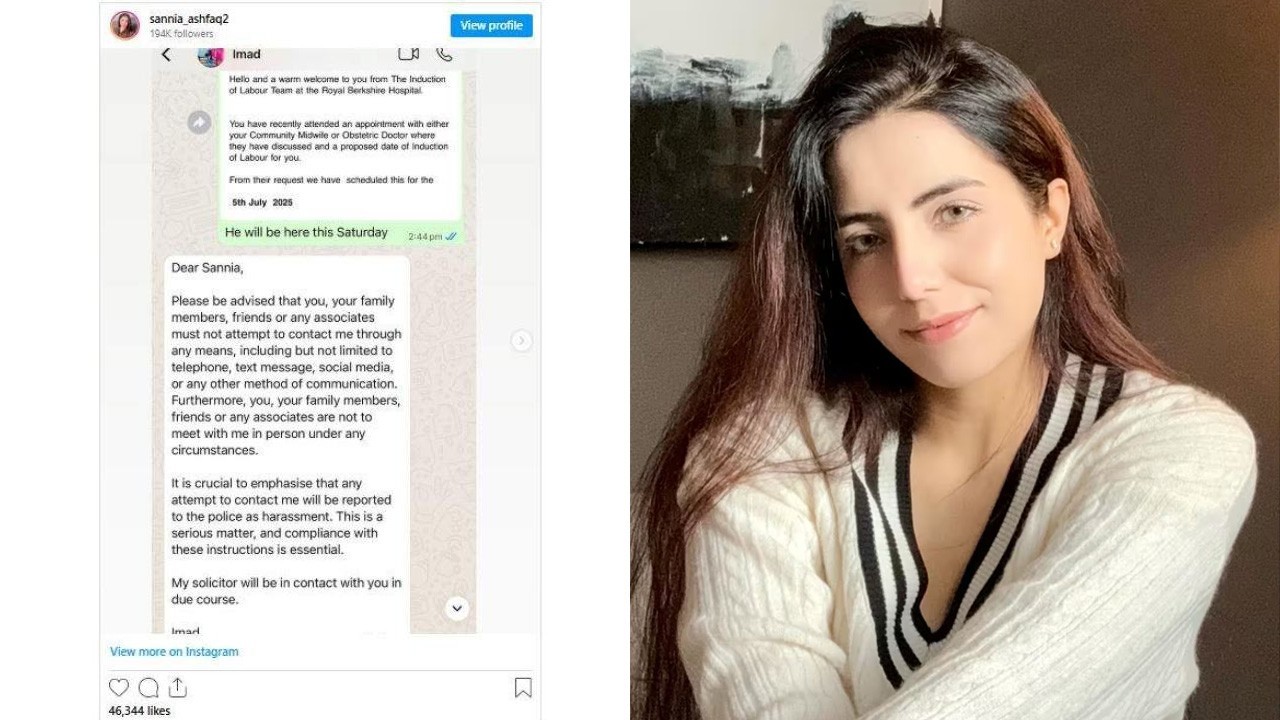

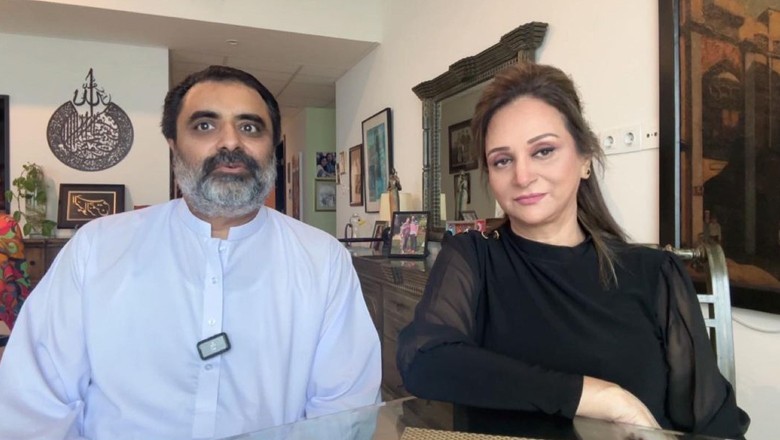



Comments
0 comment